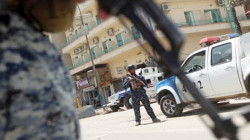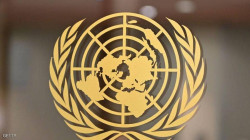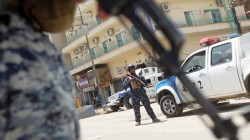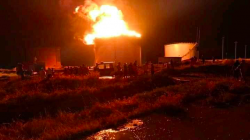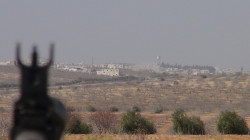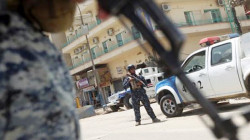Nineveh MP to Shafaq News: we reject calls to cancel special voting for security forces
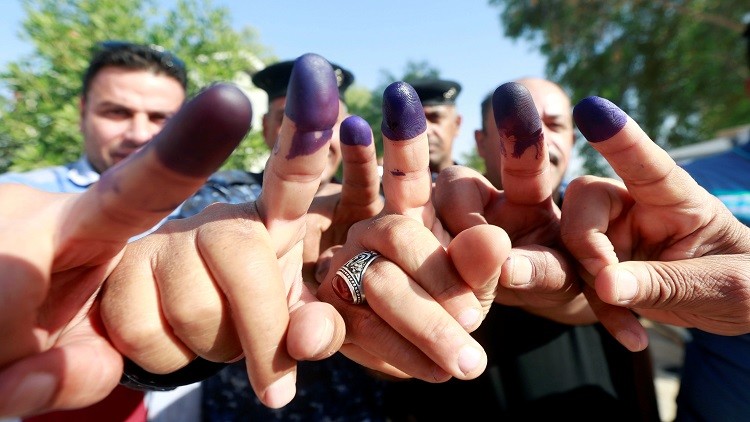
Shafaq News/ Nineveh MP Mansour Mareed voiced his opposition to proposals by some parliamentarians to cancel special voting for security forces and the Popular Mobilization Forces (PMF) in upcoming parliamentary and local elections.
Speaking to Shafaq News Agency, Mareed said, "The calls by certain MPs to abolish the special voting process for security forces in local and parliamentary elections are driven by political motives, and we firmly reject them."
He warned that canceling special voting could further decrease the already low voter turnout and accused some political factions of using the proposal to advance their own agendas.
Mareed is a member of the Ataa bloc, part of the National Contract Coalition led by PMF Chief Faleh al-Fayyad.
Several Sunni MPs have recently called for eliminating special voting for security forces in parliamentary and provincial council elections. Activists have raised concerns that political parties are exploiting the PMF and security forces during elections, with political leaders who command armed factions pressuring fighters to vote for specific candidates.
Analysts believe that canceling special voting for security forces and the Popular Mobilization Forces (PMF) would have a positive impact on the overall electoral process, improving its integrity and reinforcing the independence of Iraq's military institutions.
In a country with diverse ethnic and sectarian groups, this move could distance the military from political competition, they argued.
However, some MPs, particularly those aligned with the Shiite Coordination Framework, argue that it is the constitutional right of security personnel and those included in the special voting to cast their ballots. They emphasize that, according to the Iraqi constitution and electoral law, excluding them from the voting process would be unjust. Nevertheless, these MPs acknowledge the need for mechanisms to ensure that the decisions and choices of security forces are free from influence or coercion by their superiors.
About 1.2 million members of Iraq’s internal security forces, army, police, PMF, and various security agencies are eligible to participate in special voting, which typically takes place two days before the general election.
The 2018 elections saw a high turnout among those eligible for special voting, with 700,000 out of 943,000 casting their ballots across Iraq, despite a low overall voter turnout in that election.
Since the formation of the PMF and the emergence of affiliated factions loyal to political figures in the governorates of Al-Anbar, Saladin, and Nineveh, interest in special voting has grown as a key mechanism for securing seats in parliament, relying heavily on the votes of military personnel. Several Iraqi parliamentarians have military forces within the PMF, which serves as a crucial electoral base for them.
According to sources, various methods are used to capitalize on special voting. Among the most notable is the practice of political figures purchasing votes from commanders and officers within the security apparatus. These officers are then pressured or incentivized to direct their subordinates' votes, a practice observed in multiple previous elections.
Additionally, political figures and MPs often rely on tribal military forces they have established and incorporated into the PMF, especially in Nineveh, where most are based, with their numbers estimated to be in the thousands.
